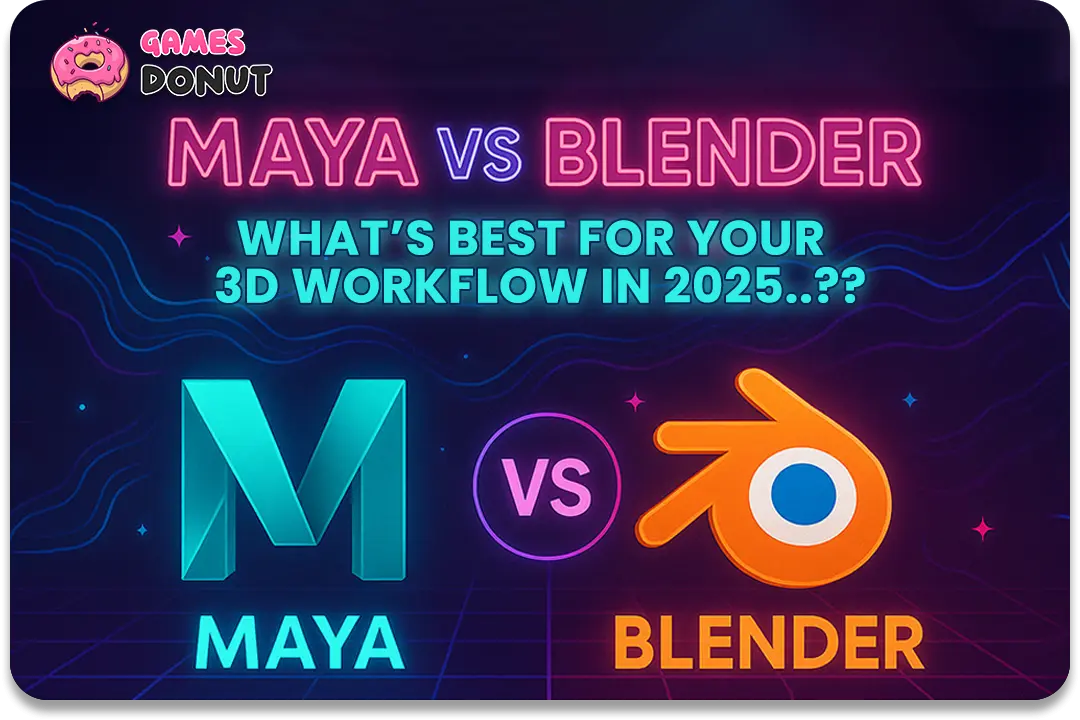Virtual Reality (VR) is no longer just a tool for immersive gaming or futuristic entertainment; it has evolved into a revolutionary platform for improving mental health. With its ability to simulate environments, create interactive experiences, and provide a safe space for therapeutic intervention, VR is reshaping the landscape of mental health care. Coupled with gaming mechanics, VR therapy not only enhances treatment effectiveness but also makes the process engaging and enjoyable for individuals.
The Role of VR in Mental Health Therapy
- Exposure Therapy: A Safer Approach to Facing Fears
Exposure therapy is one of the most effective methods for treating anxiety disorders and phobias, and VR takes this to a whole new level. For individuals who fear heights, flying, or public speaking, VR creates a controlled and immersive environment where they can confront these fears gradually. The ability to pause, repeat, or modify scenarios allows therapists to tailor the experience, ensuring the patient feels safe and supported. This method has also shown success in treating social anxiety, enabling patients to rehearse conversations and social interactions in virtual spaces. - Stress Management and Relaxation
VR applications designed for stress reduction have gained significant traction in recent years. Programs like Tranquil Seas or Nature Trek VR transport users to calming virtual landscapes, such as serene forests, quiet beaches, or mountain peaks. By combining beautiful visuals, soothing sounds, and guided meditations, these experiences provide a mental escape from daily stresses, promoting mindfulness and relaxation. - Revolutionizing PTSD Treatment
Post-traumatic stress disorder (PTSD) is notoriously difficult to treat, but VR is making strides in this area. By recreating trauma-related environments in a controlled setting, VR helps individuals process their emotions and memories with the guidance of a therapist. This method is especially beneficial for veterans, allowing them to revisit combat scenarios in a way that promotes healing rather than retraumatization. The tailored and step-by-step approach of VR therapy makes it a promising tool for addressing even the most deeply rooted fears. - Cognitive Behavioral Therapy (CBT) Meets Immersion
CBT is a cornerstone of mental health treatment, and VR enhances its impact by offering interactive simulations that help patients practice coping mechanisms. For instance, individuals struggling with negative thought patterns or decision-making can work through virtual scenarios that mirror real-life challenges. This hands-on approach accelerates learning and fosters a sense of control over one's mental health journey. - Rehabilitation and Skill Development
Beyond emotional therapy, VR is playing a pivotal role in neurorehabilitation. Patients recovering from strokes or brain injuries can use VR games designed to improve coordination, balance, and cognitive functions. The engaging nature of VR keeps patients motivated, making their recovery journey more effective and less monotonous.
Why Gaming Mechanics Make VR Therapy Effective
The fusion of gaming and therapy brings a unique advantage to VR applications. Gaming elements, such as challenges, rewards, and progress tracking, motivate individuals to engage more deeply with their therapy. These mechanics instill a sense of accomplishment and fun, turning what might otherwise feel like a daunting process into an enjoyable experience. For example, gamified therapy for children with ADHD encourages focus and behavioral improvement in a playful manner, enhancing participation and outcomes.
Current Innovations in VR Therapy
- Therapeutic Applications and Devices
Today, various VR platforms cater specifically to mental health. Programs like Psious, Limbix, and Bravemind offer a range of therapeutic scenarios, from relaxation exercises to trauma therapy. Devices like Oculus Quest 2 and HTC Vive are also becoming more affordable, allowing smaller clinics and individuals to access this innovative technology. - AI Integration for Personalized Care
Emerging advancements in VR therapy include integration with AI, enabling real-time analysis of a user’s emotional responses. By tracking body language, facial expressions, and voice tone, AI-enhanced VR programs can adapt the therapy session to better suit the individual's needs. - Expanding Accessibility
As VR therapy gains recognition, healthcare providers and insurers are beginning to support it. Mobile-compatible VR headsets make it possible for individuals to engage in therapy from the comfort of their homes, breaking barriers for those with mobility or accessibility challenges.
The Growing Acceptance of VR in Mental Health
Research supports the effectiveness of VR in therapy, and its adoption is steadily growing in clinical and non-clinical settings. Schools and workplaces are also incorporating VR for stress management and mental health education, signaling a broader acceptance of this technology. Initiatives like VR-based group therapy and virtual support groups are bringing people together, fostering connection and understanding in unique ways.
Challenges and Future Potential
While the benefits of VR therapy are undeniable, challenges remain. High initial costs and limited awareness among therapists can hinder widespread adoption. Additionally, creating culturally sensitive and diverse therapeutic content is crucial to ensure inclusivity. Despite these hurdles, the future of VR therapy looks bright, with advancements in haptic feedback and full-body tracking promising even more immersive experiences.
Conclusion
The intersection of VR and gaming with therapy is revolutionizing mental health care. By offering a safe, engaging, and effective way to address psychological challenges, VR is breaking traditional barriers and opening up new possibilities for healing. Whether it’s helping someone overcome their deepest fears or providing a moment of calm in a hectic day, VR is proving to be a game-changer in mental well-being—one virtual step at a time.
As technology evolves, so too will our ability to create empathetic, immersive, and transformative mental health experiences that reach more people than ever before. Virtual reality is not just changing how we play; it's changing how we heal.




